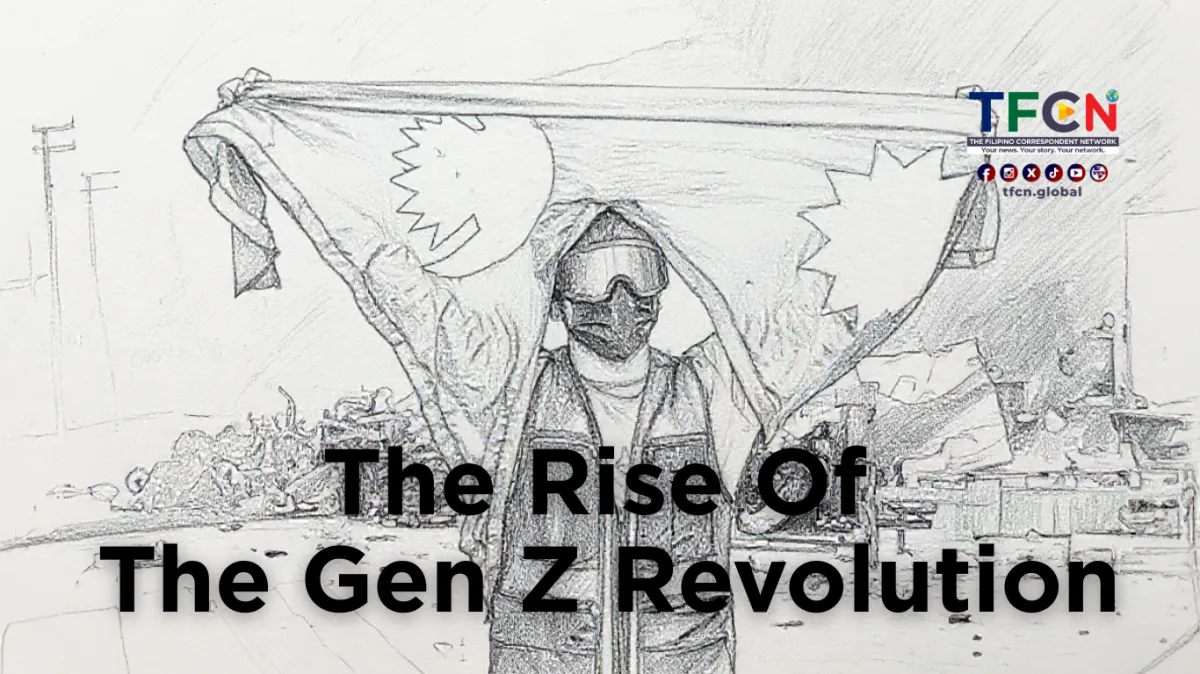
The Global Roar Of Generation Z: From Kathmandu's Streets To Paris' Barricades
A new kind of revolution is brewing across the globe, spearheaded by a generation that has grown up online, acutely aware of global disparities, and fiercely determined to reclaim their future. From the Himalayas of Nepal to the bustling streets of Jakarta and the historic boulevards of Paris, "Generation Z" is rising, translating digital discontent into powerful street protests. While their causes are diverse, a common thread weaves through their movements: a profound frustration with entrenched corruption, economic inequality, and a political elite perceived as out of touch and self-serving.
Nepal's "Gen Z" Awakens: From Social Media Ban to Systemic Uprising
The recent turmoil in Nepal offers a powerful case study in this evolving global phenomenon. What began as a seemingly innocuous protest against a government ban on two dozen social media platforms quickly morphed into a full-blown "Gen Z" revolution. This was no mere pushback against internet censorship; it was an eruption of long-simmering anger against systemic corruption, chronic youth unemployment (hovering around 20%), and a political class seen as prioritizing self-enrichment over national progress.
The spark that ignited the bonfire of discontent was a viral social media campaign exposing the lavish lifestyles of politicians' children, derisively dubbed "nepo kids." These images, contrasting starkly with the average Nepali's struggle for a $1,400 annual income, became a potent symbol of elite disconnect. The youth, adept at online mobilization, rapidly organized, turning digital outrage into real-world action. The protests, marked by clashes with security forces, ultimately forced the resignation of Prime Minister K.P. Sharma Oli, signaling a significant victory for a generation demanding accountability.
Indonesia's Echoes: The Price of Privilege
Thousands of miles away, Indonesia witnessed its own wave of "Gen Z" discontent. Here, the catalyst was a tone-deaf decision by lawmakers to award themselves a substantial housing allowance amidst a backdrop of rising living costs and economic precarity. For many young Indonesians, this was a glaring example of a political elite prioritizing its own comfort while ordinary citizens grappled with the daily grind.
Much like in Nepal, social media played a crucial role. Online discussions rapidly amplified public anger, leading to mass protests that forced the government to retract the controversial allowance and even fire several key ministers. The message was clear: in an interconnected world, the actions of the powerful are under constant scrutiny, and the youth are no longer willing to tolerate perceived injustices.
France's "Block Everything": A Different Continent, Same Frustration
Even in France, a nation with a rich history of protest, "Generation Z" is reshaping the landscape of dissent. The recent "Block Everything" movement, a decentralized, grassroots response to government austerity measures and budget cuts, echoes the same frustration with economic inequality and political arrogance seen in Asia. While the causes differ from Nepal's focus on corruption, the sentiment is strikingly similar: a belief that the political system is rigged against ordinary citizens, benefiting the wealthy at their expense.
French youth, mobilizing through encrypted chats and social media, effectively disrupted urban centers, showcasing a new model of leaderless protest. This movement, like the "Yellow Vests" before it, underscores a deep dissatisfaction with President Emmanuel Macron's administration, which many young people view as out of touch with the economic realities faced by the majority.
The Digital Battlefield: A New Era of Activism
What unites these disparate movements is not just their age demographic but their mastery of the digital realm. Generation Z has weaponized social media, transforming it from a platform for personal expression into a powerful tool for social and political change. They bypass traditional media filters, expose corruption in real-time, and mobilize peers with unprecedented speed and efficiency. Their protests are often characterized by:
Decentralization: Less reliant on traditional leadership structures, making them harder for authorities to suppress.
Viral Messaging: Using memes, short videos, and compelling narratives to spread their message rapidly.
Direct Action: Translating online outrage into immediate, impactful physical demonstrations.
The rise of "Generation Z" as a formidable force for change signifies a new chapter in global activism. From the streets of Kathmandu where they forced a Prime Minister's resignation, to the demonstrations in Jakarta demanding accountability, and the "Block Everything" protests in Paris challenging economic policies, this generation is making it clear: they are no longer just inheriting the future, they are actively shaping it, one protest at a time. Their roar is global, and the world is listening.

